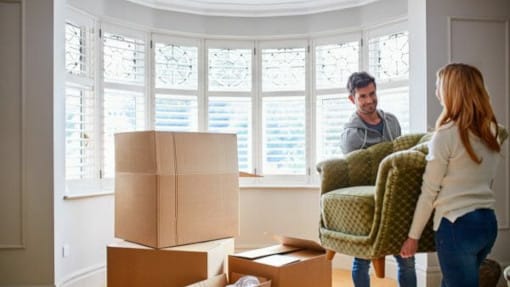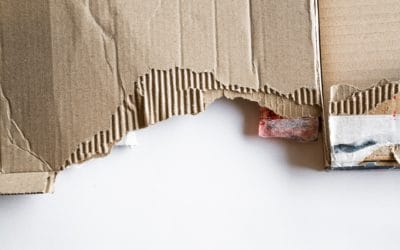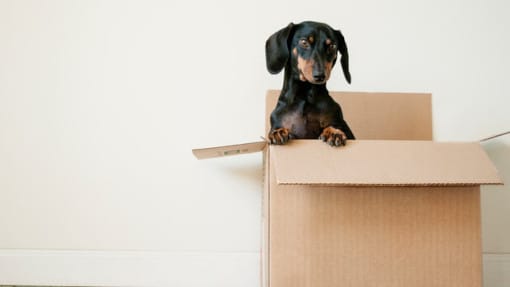This website is all about storage. We want to help you get ahead, find the best place to store items and lots of helpful tips and tricks for when you are moving home.
Today we’re going to cover two easy-to-follow, actionable tips to help you reduce your storage costs when moving home. Instead of covering standard advice such as: compare storage prices, check security measures and check access times, we will look at some of the hidden gems not so frequently spoken about that can help you save money. Our thanks to the guys at London Self Storage for their help with this post…

1) Completely De-clutter
It might surprise you to learn that in the US, up to 5 million people suffer with compulsive hoarding. You might have seen some of them on TV. Though, for the rest of us our relationship with keeping things we don’t need doesn’t tend to be that bad. It’s actually a completely normal trait – to keep things we believe might need at a later date, therefore leading to lots of things we don’t need.
This is because our ‘threshold’ for throwing something away tends to be ‘will I ever use this again?’. We naturally overestimate how often we think we might use something so we end-up keeping a lot more than we need.
The reason why de-cluttering is excellent is because it will not only give you more space and improve your experience of your home it will save you money in storage. If you have half of the items you don’t need to spend as much money keeping it there.
If you’re looking for practical advice on how to de-clutter that isn’t just ‘throw away what you don’t need’, the following maxim might be helpful. If you haven’t used that item in the last 3-6 months and you can survive without-out, you should either throw it or really consider throwing it out. Ask yourself, ‘if this was for sale right now and I didn’t have this item, would I buy it?’. If the answer to either of these questions is no, then look at throwing it out.
Of course, this applies mainly to smaller items and less-so to your furniture.
2) A False Economy
As we know, a false economy is defined as something we perceive as having economic value, but actually doesn’t. The issue with false economies is that they look great on the surface, but when you look into it you’re actually losing money.
So, how does this apply to storage?
Would you believe that lots of people tend to underestimate the amount of time they require personal storage? The home-buying process can be delayed, chains can hold-up the sale, you might not have found an apartment large enough to house your storage etc…
And as we all know, whilst those items are in storage we are incurring more fees. We believe that by putting this item in storage I will be able to save money by not having to purchase another one. However, let’s factor in the following:
- The cost of storage (expected & unexpected);
- The transportation costs;
- The amount of money you could receive from selling it; and
- Your time & labour.
Now, it could be the case that there are some items that you either didn’t really need or for which it will actually be cheaper to replace. Really consider if you are approaching a break-even with the item on the storage or not. Consider if you could actually sell that item and come out ahead?
Final Thoughts
We all need storage at some point in our lives as that could be for a multitude of reasons. By pausing and thinking intelligently about the move we often find that we can save time and money in the process. If you’re looking for more ways to save time or money in your home move, you might want to check out a company called SlothMove. If you want to change address on your driving licence or need a TV licence change of address, head over there and they can help you do that within 5 minutes.
And finally, hopefully the two tips around de-cluttering and false economies can help you save hundreds in your next move.



